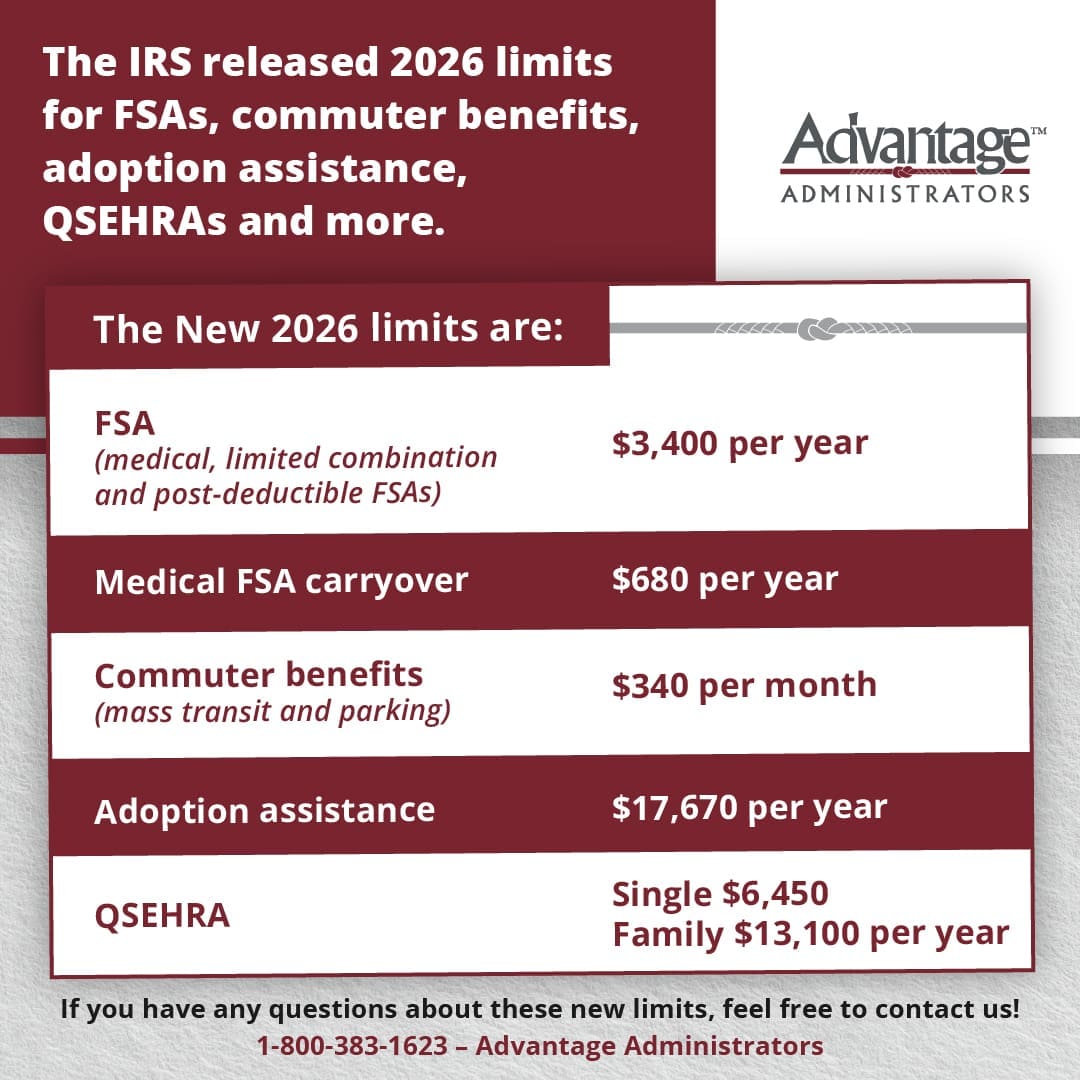Creating a Positive Work Environment with Self-Aware Leadership
Having an employee leave your company can be detrimental. According to a 2019 study by the DDI, 57% of employees have left one or multiple companies because of their manager – not their job. An additional 32% have considered leaving their job for the same reason. When you consider that employee turnover costs companies $11 billion annually, keeping employees is essential to a company’s success.
One thing Advantage Administrators recommends to combat this is encouraging self-awareness among leadership. This gives employers a higher chance of retaining employees.
What is self-awareness?

Self-awareness, or being conscious of your strengths, weakness and perceptions, among other things, can be both internal and external. Internal self-awareness refers to how you see your values, passions and reactions, while external self-awareness is how others view you.
Internal and external self-awareness are completely independent of one another. Company leadership may be accurate about their own strengths and weaknesses, but are unaware of how their employees view them, or vice versa.

How does this impact leadership?
Self-awareness is shown to directly affect employee satisfaction and employee turnover. Employees who are aware of their own strengths and weaknesses are more likely to find personal and professional success. They’re also easier to work with than those who lack self-awareness.
As employees advance higher in the company hierarchy, they may be more likely to misjudge their own abilities. This could be for a multitude of reasons, one being that they don’t actively seek feedback from others. Feedback is essential to growth, making it a key factor in increasing self-awareness. Additionally, employers who aren’t self-aware are more likely to lose employees, which increases company costs and can hurt the company’s reputation.
Promoting a self-aware workplace culture
The first step to increasing self-awareness in the workplace is to have everyone identify their own level of self-awareness. To do this, we recommend taking a self-awareness quiz. First, take the quiz and answer the questions on how you see yourself. Then, seek out a trusted friend or coworker for their feedback. The more you agree with them, the higher your level of self-awareness. Keep in mind, though, only 10-15% of people are truly self-aware compared to the 95% of people who think they are.
To increase self-awareness at any level of the company, you must get everyone to buy in. Self-awareness workshops are no use if senior leaders don’t accept critical feedback while expecting others to do so. Having company leaders model self-awareness, though, will encourage it throughout the organization.
Need more advice on how to incorporate self-awareness into your company culture? Contact Advantage Administrators for more information.










 Flex Plans
Flex Plans Forms
Forms HSA
HSA HRA
HRA Retirement
Retirement Health Shopper
Health Shopper FSA Store
FSA Store

